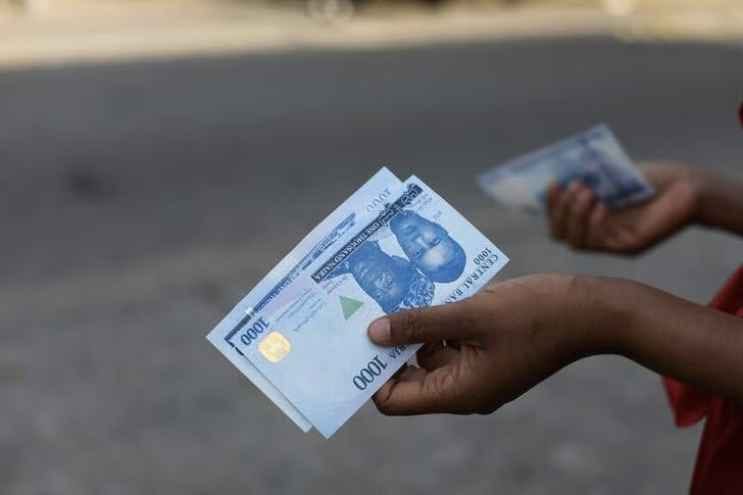Newly redesigned notes: How cash scarcity is affecting people, businesses In Ikeja
“The pain and suffering is so much."

In many parts of Ikeja, long queues formed around ATMs. Most PoS service provider shops were closed; the few operators available were charging exorbitant prices for cash withd…



